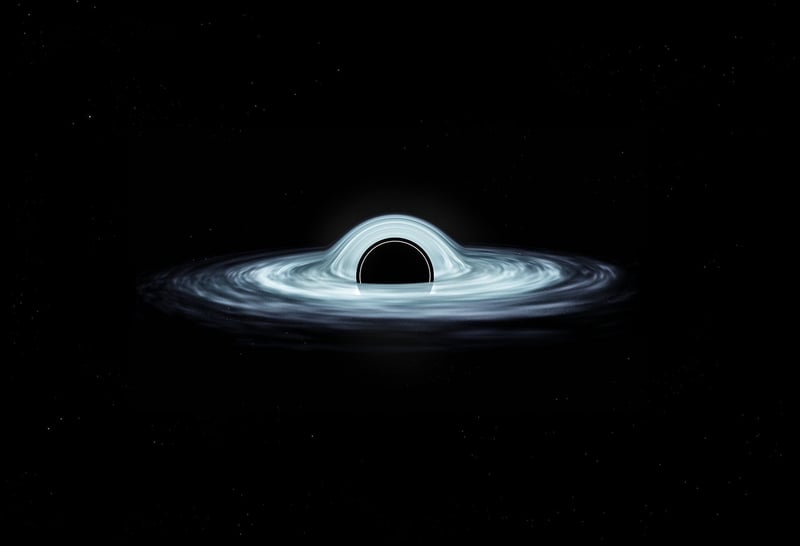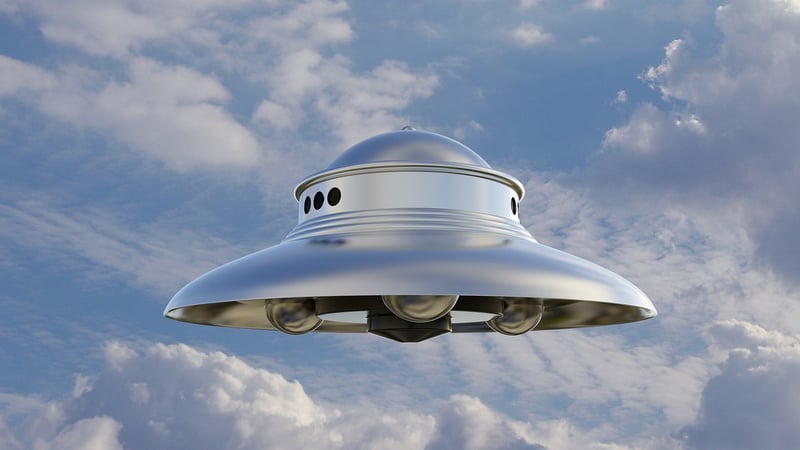Time Warp Devices
The Fascinating World of Time Travel Technology
Time travel has long captured the human imagination, appearing in science fiction novels, movies, and TV shows. While time travel remains a theoretical concept, researchers and scientists have been exploring various technologies that could potentially make it a reality in the future. Let's delve into some of the fascinating time travel tech and time warp devices that have been theorized and developed.
1. Wormholes
Wormholes, also known as Einstein-Rosen bridges, are theoretical passages through spacetime that could create shortcuts for long journeys across the universe or even through time. While wormholes remain speculative and have not been observed, they are a popular concept in science fiction.

2. Tipler Cylinder
The Tipler Cylinder is a hypothetical cylinder that could enable time travel through the manipulation of spacetime. By rotating the cylinder, it may be possible to create closed timelike curves, allowing for journeys into the past or future. The Tipler Cylinder is based on solutions to Einstein's field equations in general relativity.

3. Alcubierre Drive
The Alcubierre Drive is a speculative concept that involves warping spacetime to achieve faster-than-light travel. By contracting spacetime in front of a spacecraft and expanding it behind, the Alcubierre Drive could theoretically allow for rapid interstellar travel. While the practicality of this technology remains uncertain, it demonstrates the creative thinking behind potential time warp devices.

4. Quantum Time Travel
Quantum mechanics offers intriguing possibilities for time travel, including the concept of quantum superposition and entanglement. Quantum time travel theories suggest that by manipulating quantum particles or entangled states, it may be possible to influence events in the past or future. While highly speculative, quantum time travel continues to be an area of research interest.

While time travel technology remains in the realm of speculation and scientific theory, the exploration of these concepts sparks curiosity and drives innovation in the field of physics. As researchers continue to push the boundaries of our understanding of spacetime and the universe, who knows what discoveries the future may hold?
